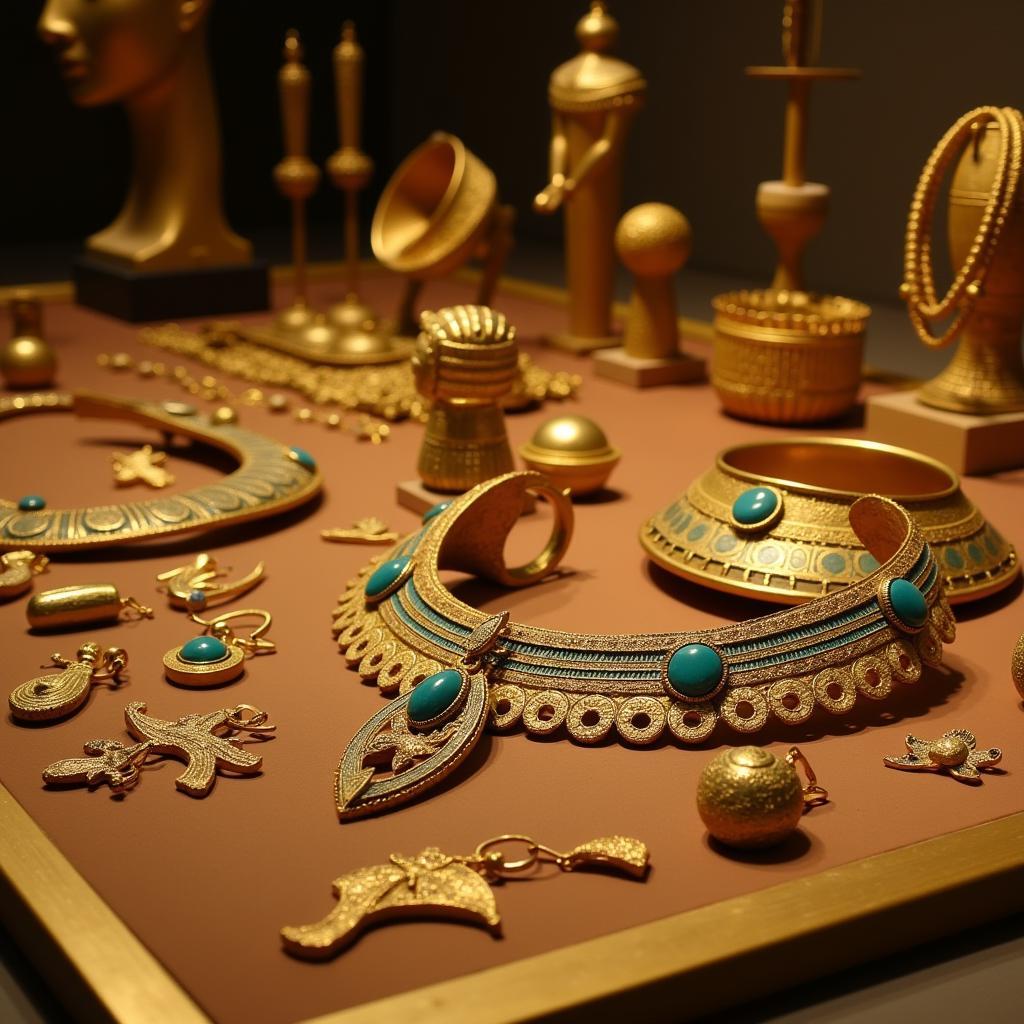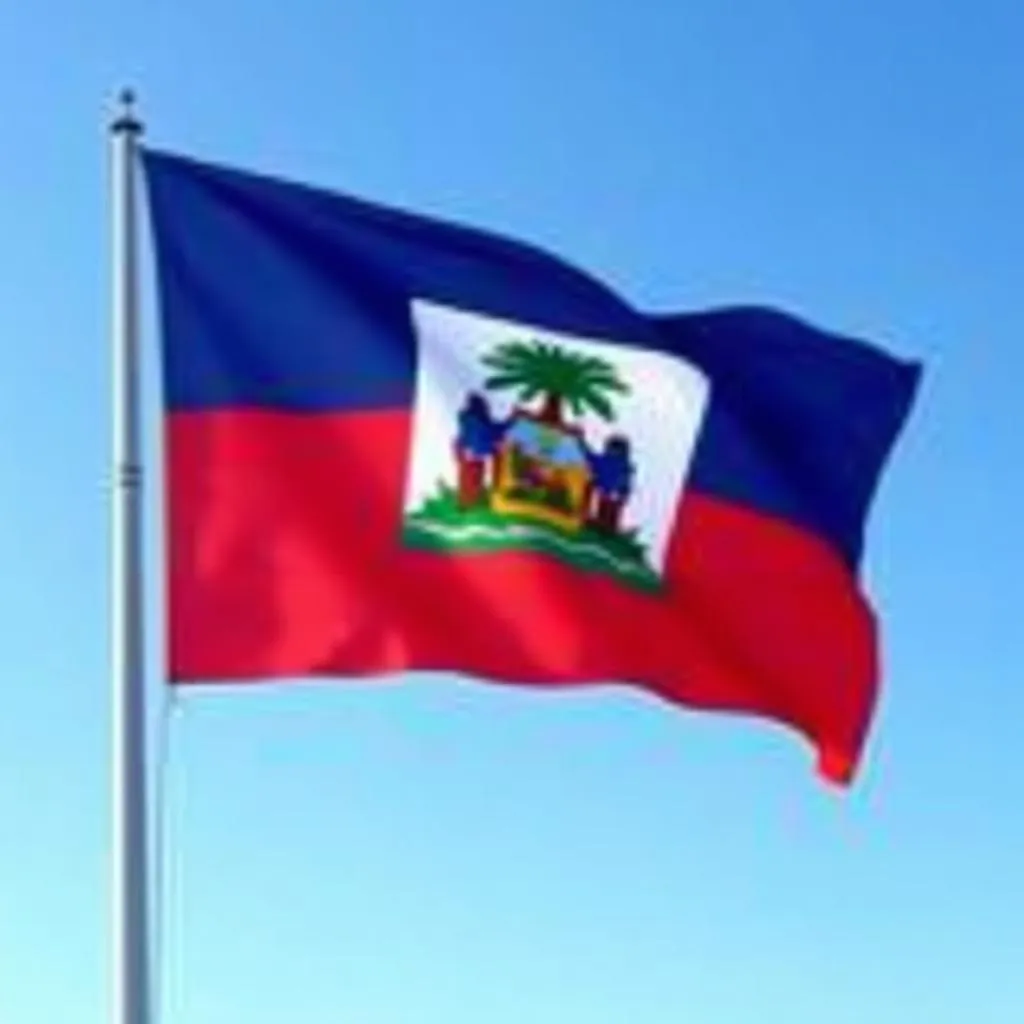A History of South African Literature
South African literature, a vibrant and diverse tapestry of voices, reflects the country’s complex history, multicultural society, and ongoing social transformation. From the earliest oral traditions to contemporary works exploring post-apartheid realities, South African writing has captivated readers worldwide with its powerful narratives and insightful perspectives.
Early Beginnings: Oral Traditions and Colonial Encounters
For centuries, South African literature existed primarily in oral forms, passed down through generations. These rich traditions encompassed folktales, myths, legends, songs, and praise poetry, providing insights into the beliefs, values, and experiences of diverse indigenous communities. The arrival of European colonizers in the 17th century marked a significant turning point, introducing new literary forms and languages, primarily Dutch and later English.
Early colonial writings often reflected European perspectives and served to justify colonial rule. However, indigenous voices began to emerge, challenging colonial narratives and asserting their own identities. The 19th century witnessed the publication of works by Xhosa writers such as S.E.K. Mqhayi and Ntsikana, who wrote in both Xhosa and English, bridging the gap between oral and written traditions.
20th Century: Apartheid and the Struggle for Liberation
The 20th century witnessed the rise of apartheid, a brutal system of racial segregation and discrimination that profoundly shaped South African literature. The imposition of apartheid in 1948 led to the censorship and suppression of dissenting voices. Black writers, in particular, faced immense challenges, their works banned and their voices silenced.
Despite these restrictions, a vibrant literary resistance emerged. Writers such as Alan Paton, Nadine Gordimer, and Athol Fugard explored the dehumanizing effects of apartheid and the struggle for justice. Paton’s Cry, the Beloved Country (1948) became an international bestseller, exposing the injustices of racial segregation. Gordimer, a lifelong anti-apartheid activist, won the Nobel Prize in Literature in 1991 for her nuanced and insightful portrayals of South African society. Fugard’s powerful plays, such as The Island (1973) and Sizwe Banzi is Dead (1972), challenged apartheid’s oppressive laws and gave voice to the voiceless.
Black Consciousness, a powerful movement that emerged in the 1960s, further energized the literary landscape. Writers such as Steve Biko, Miriam Tlali, and Bessie Head challenged the psychological and social effects of apartheid, advocating for black pride and self-determination. Biko’s writings, collected in I Write What I Like (1978), became a cornerstone of Black Consciousness, inspiring generations of activists.
Post-Apartheid Literature: Truth, Reconciliation, and New Identities
The dismantling of apartheid in 1994 ushered in a new era for South Africa, marked by the transition to democracy and the establishment of the Truth and Reconciliation Commission (TRC). Post-apartheid literature has grappled with the legacies of apartheid, exploring themes of truth, reconciliation, forgiveness, and the complexities of forging a new national identity.
J.M. Coetzee, who won the Nobel Prize in Literature in 2003, has continued to produce acclaimed works that engage with the ethical dilemmas of post-apartheid South Africa. His novels, such as Disgrace (1999) and The Childhood of Jesus (2013), delve into the complexities of race, guilt, and the search for meaning in a transformed society.
A new generation of writers, including Zakes Mda, Njabulo Ndebele, and Lauren Beukes, has emerged, offering diverse perspectives on post-apartheid life. Their works explore themes of identity, belonging, urban life, and the challenges of social and economic inequality.
South African Literature Today: A Global Voice
South African literature continues to flourish, attracting international acclaim and engaging with contemporary issues. From the poignant stories of Damon Galgut to the speculative fiction of Lauren Beukes, South African writers are pushing boundaries and offering fresh perspectives on the human condition. The country’s literary festivals, such as the Franschhoek Literary Festival and the Open Book Festival, provide platforms for writers to connect with readers and celebrate the power of words.
South African literature is a testament to the resilience of the human spirit and the transformative power of storytelling. It continues to captivate readers worldwide, offering insights into the complexities of South African society and the universal themes of love, loss, hope, and the search for identity.
FAQs about South African Literature
What are some of the key themes explored in South African literature?
South African literature explores a wide range of themes, including apartheid, race, identity, gender, colonialism, post-apartheid realities, and the search for justice.
Who are some of the most important South African authors?
Some of the most important South African authors include Alan Paton, Nadine Gordimer, Athol Fugard, J.M. Coetzee, Steve Biko, Miriam Tlali, Bessie Head, Zakes Mda, Njabulo Ndebele, and Lauren Beukes.
What is the role of oral tradition in South African literature?
Oral tradition plays a significant role in South African literature. Many early works were passed down orally, and contemporary writers often draw inspiration from oral storytelling techniques and themes.
How has South African literature been influenced by the country’s history?
South African literature has been profoundly shaped by the country’s history, particularly the legacy of apartheid. Writers have used literature to document the injustices of the past, explore the complexities of the present, and imagine new possibilities for the future.
You might also be interested in:
-
African exploration books – Explore the rich history of exploration in Africa through these captivating reads.
-
20th century african american history syllabus – Delve into the pivotal moments and movements that shaped African American history in the 20th century.
Need Help?
For any inquiries or assistance, please contact us:
Phone Number: +255768904061
Email: kaka.mag@gmail.com
Address: Mbarali DC Mawindi, Kangaga, Tanzania
We have a dedicated customer support team available 24/7.



